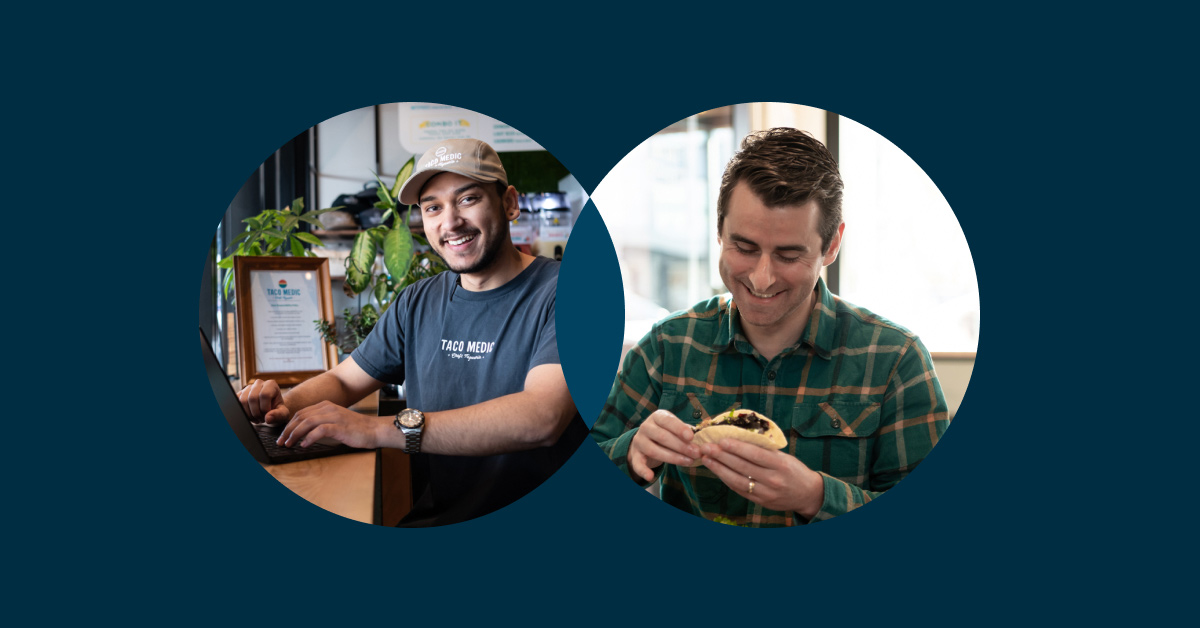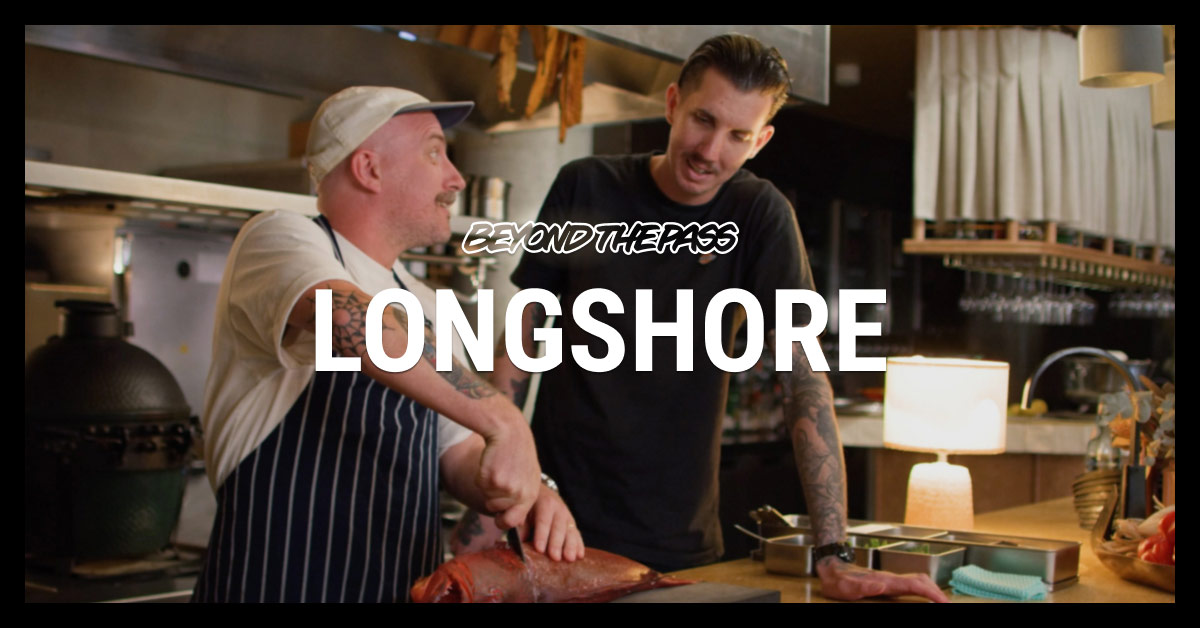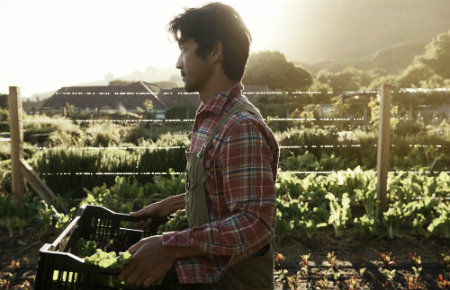
Sustainability. Permaculture. Farm-to-table. Free-Range Everything.
If you go to restaurants, like, ever, then you’re probably used to hearing these foodie buzzwords. Over the past several years, however, they’ve become so much more than just buzzwords.
Not that these words were completely devoid of meaning before. We’re just sayin’, people are starting to take this stuff seriously as more individuals embrace sustainability as a mindset. This includes the ways in which we utilise electricity and other resources, along with how we grow and prepare our food. The effects of climate change and environmental degradation caused by humans is hard to deny, and the long-term health of our planet – and our food – depends on us now more than ever.
On a recent trip to Bali, Indonesia, we caught up with I Made Chakra Widia (“Made”), a Bali local who was raised by a family of farmers on a beautiful piece of land in the rice paddies. In his lifetime, Made has witnessed the steady degradation of Bali’s once rich and fertile volcanic soil. He shares about his experience in a memorable talk at Usada Bali, a shala run by U.S. expatriate, Scott Bauer, who created Usada as not only a yoga studio, but a place for locals and foreigners to learn about Bali culture. Usada also boasts a delicious ayurvedic cafe, daily yoga and meditation classes, and a host of cool workshops. It’s a must-visit if you’re ever in Bali – one of the Lightspeed crew’s favourite islands.
Made shares Scott’s vision to educate the locals and visitors on the importance of Balinese culture, along with the significance of its rice fields. Bali rice fields have been considered sacred and holy for thousands of years. From a young age, Made explains that he watched his land being destroyed when members of the government sprayed harmful chemicals over Bali’s farmland. These chemicals were first introduced as “medicine” in the 1960’s. This marked a turning point for locals known as the Green Revolution, and it resulted in more harm than good, killing off livestock while contaminating local crops and land. In the 1980’s and over a period of about six years, Made also recalls over 100 farmers dying of lung failure, all in one area, essentially poisoned to death by chemicals.
Mass tourism certainly hasn’t helped either. Water use in hotels and villas, for example, exceeds that in “sawahs” (rice fields) and traditional family homes by well over double resulting in a severe water shortage island-wide, among other issues.
Tri Hita Karana
Made doesn’t just talk the talk when it comes to educating folks on Bali culture and the significance of the local rice fields. In 2008, he started his own NGO, appropriately called, Tri Hita Karana, which is a Balinese principle that translates roughly into “the three causes for life”. These causes are: harmony among people, harmony with the environment, and harmony with God.
One of the primary purposes of Made’s foundation has been to teach people how to grow food more sustainably. The organisation also partners up with other local NGOs in an effort to preserve the island’s existing rice fields. This includes the Sawah Bali project which protects Bali’s irrigated terraced rice fields, now part of the Sabak system – a system that supplies water to most of the island’s farmland. Sawah Bali is now classified UNESCO World Heritage.
During Made’s presentation at Usada, he shares fond memories of his childhood when his land was completely natural and unspoilt. It was a time when he and his neighbours grew all heritage rice, and where the local insects, animals, and livestock lived in harmony with the land and the crops.
“My granddad had 400 ducks,” says Made. “He would bring the ducks into the rice field every morning. My brothers, sisters, and I would always compete because whoever woke up first to release the ducks would be responsible for the eggs. 400 ducks is about 300 eggs every day, so I would always be up early. That’s really important for rice growing. We’ve had rice and ducks on Bali for about 1000 years. But these ducks have been domesticated so much that they’ve lost their instinct to lay fertile eggs.”
For centuries, Bali has been known for its rich soil – heritage rice grew everywhere. Ducks have historically provided excellent natural pest control in the rice fields, as they have an affinity for consuming seeds made by weeds, along with snails and other harmful pests. This helps to oxygenate the soil and it also keeps pests from eating or contaminating the rice crops. Of course, ducks also provide another great food source – eggs. “It took me seven years to get the ducks to lay fertile eggs again and to lay the eggs everywhere, not just in one spot,” Made explains.
Made practices his own sustainable growing as well, while maximising the use of Bali’s existing land where he farms heritage rice only. His foundation employs an SRI system (System of Rice Intensification) which is a low water, labor intensive method that uses younger seedlings singly spaced and then hand-weeded. Made and his team also use raised vegetable beds which are very efficient, along with water catchment systems to minimise waste and erosion.
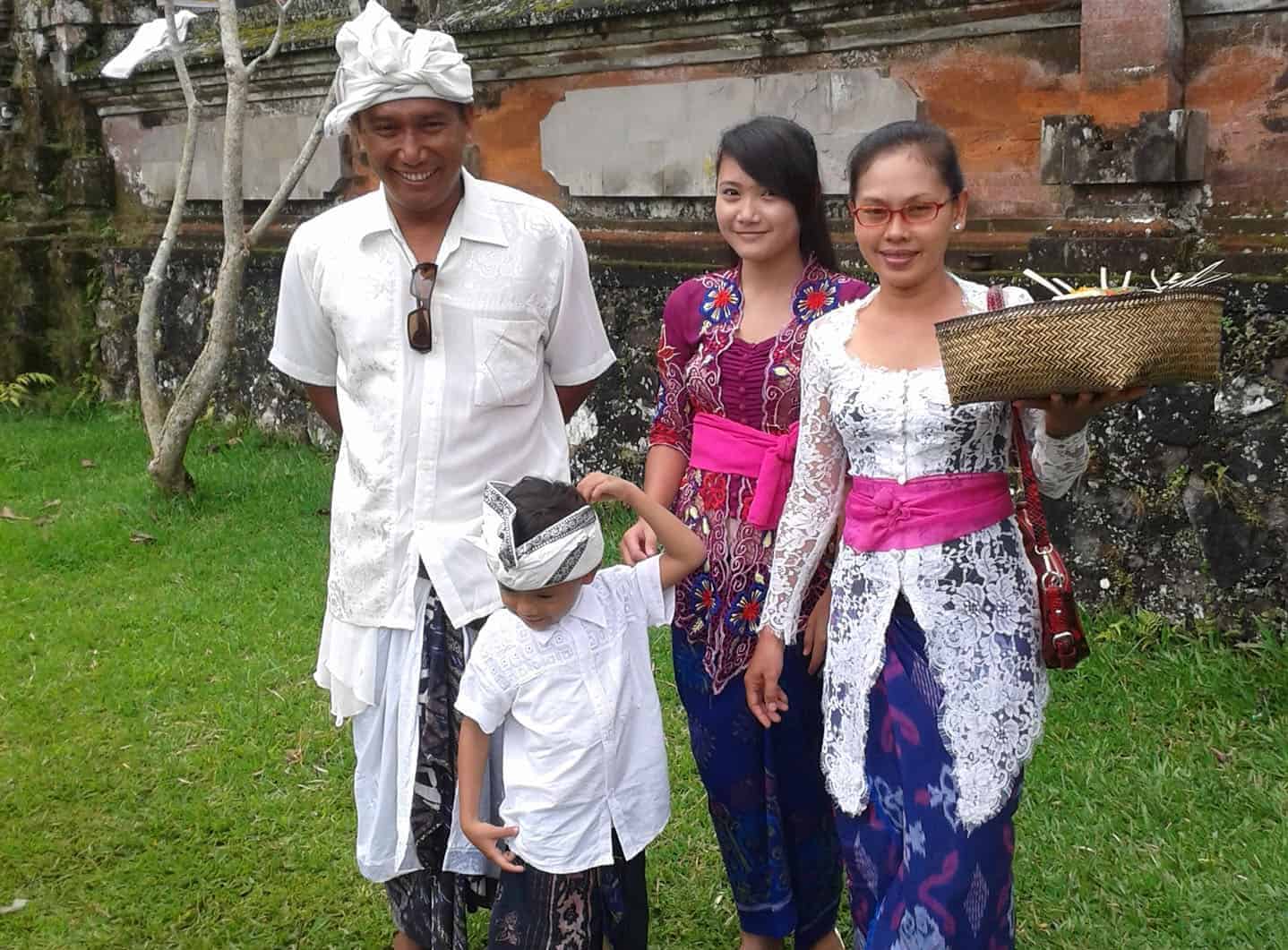
Green Education
A broader initiative of Tri Hita Karana’s is to help ensure that younger generations of Bali locals can understand the importance of caring for the land. Balinese who’ve grown up in more recent times only know one modern version of Bali. Modern Bali is overrun by tourism and has a massive population of expatriates who pay exorbitant amounts of money to buy out farmland with heritage rice fields in order to build extravagant villas.
By teaching things like sustainable farming in schools and by employing these methods himself, Made is bringing more and more awareness to the community about the importance of permaculture. This comes amidst the mass influx of westerners and the ongoing destructive practices that began during the Green Revolution. Made and his team also bring sustainability workshops into the community, teach beekeeping, and help run various school programs.
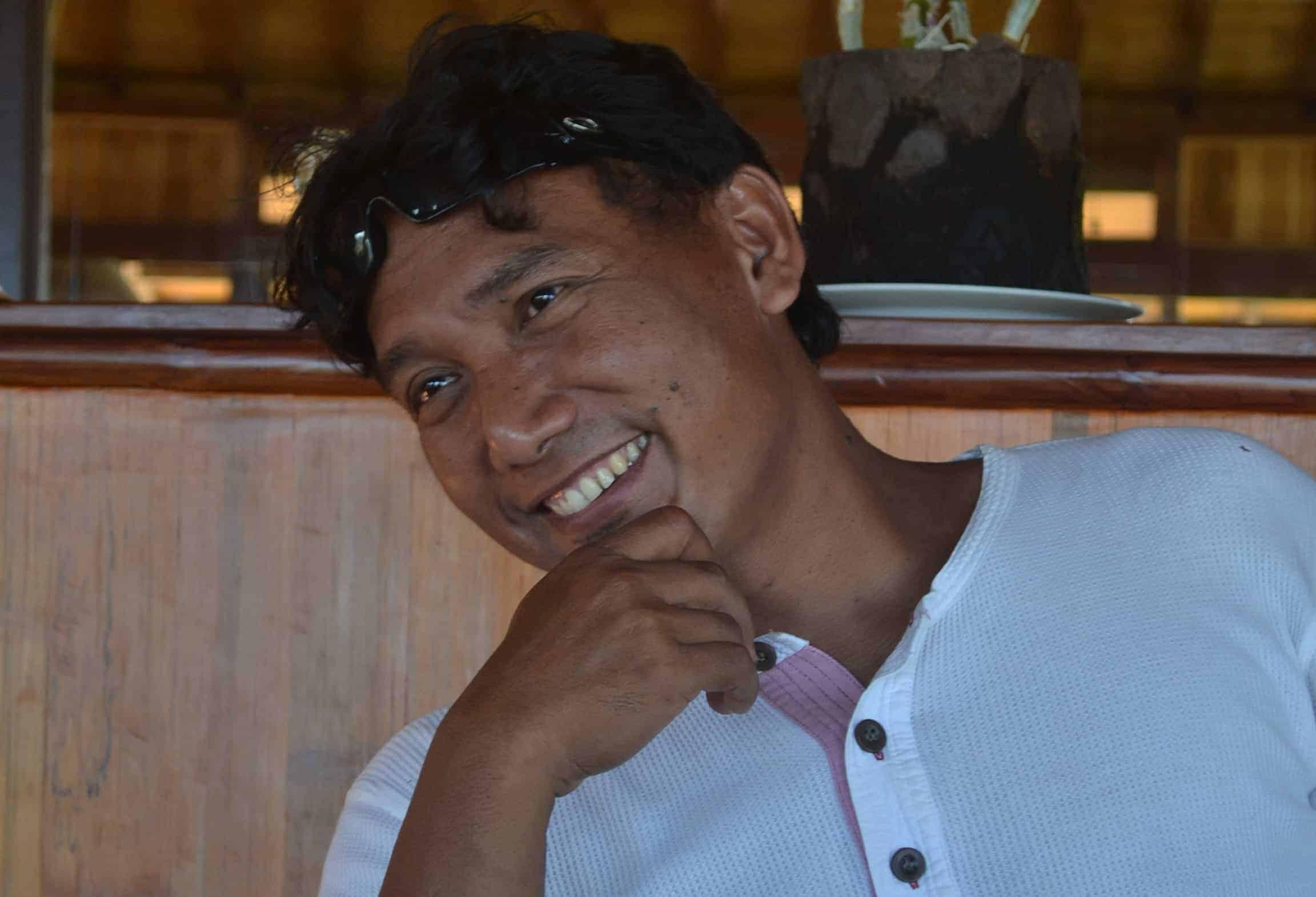
Why More and More Restaurants are Embracing Permaculture and Green Initiatives
People and restaurants across the globe are beginning to recognise that things like permaculture farming and other green initiatives can result in a promising future for our planet. We at Lightspeed pride ourselves on working with customers who embrace a more waste-free and sustainable way of producing, preparing, and disposing of their food. Perhaps we can all learn something from the Tri Hita Karana principle that Made and other Balinese locals embrace.
Made leaves us with one easy-to-grasp principle, at least in theory, and it’s this – “with permaculture, if you need it, you grow it. It’s that simple.” Let’s hope this principle continues to spread like wildfire. Not every place is overrun with tourists and a massive expatriate population like Bali, but agricultural revolutions across the world have all had an impact on how people farm, for better or for worse. Australia, for example, also boasted very fertile land and grew in accordance with permaculture-type principles once-upon-a-time, prior to colonisation. Our land has historically provided an abundance of fresh food on its own before we started messing with it. It’s about time we get back to basics. Going green isn’t just for hippies anymore.

News you care about. Tips you can use.
Everything your business needs to grow, delivered straight to your inbox.

